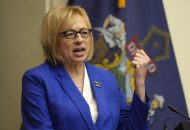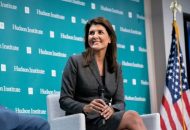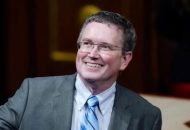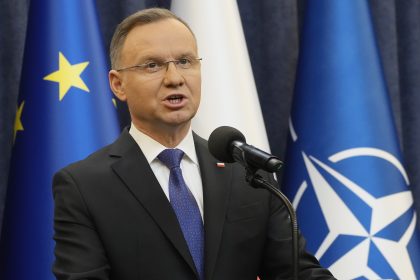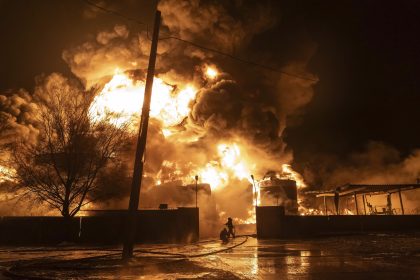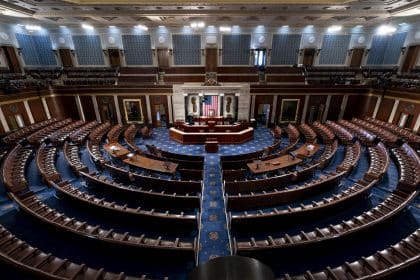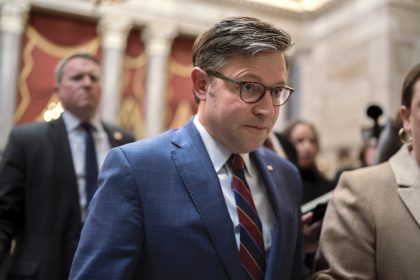Analysts Consider Areas of US-Japan Collaboration for Energy, Environmental Risk Reduction
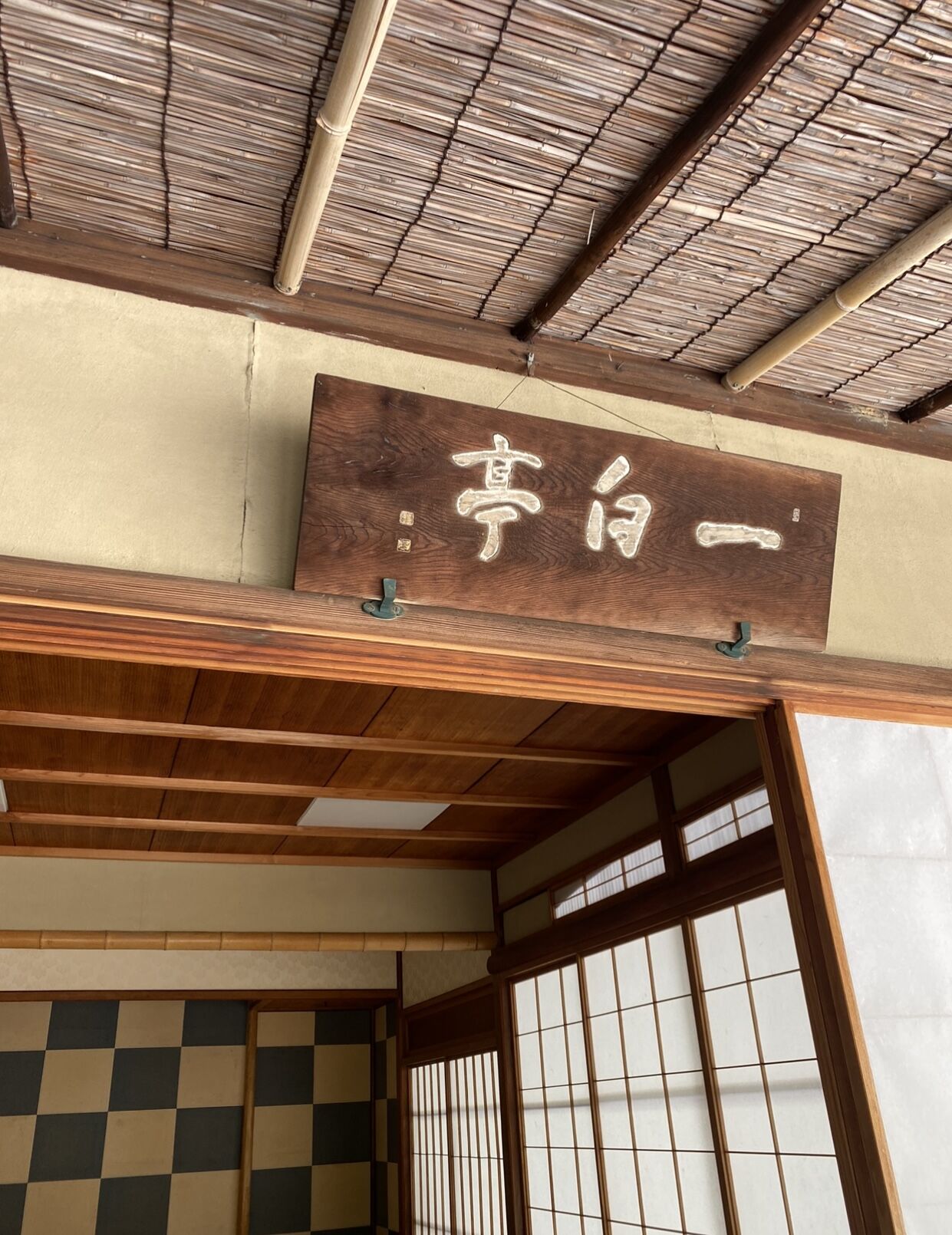
WASHINGTON — The United States and Japan are two countries known for protecting and promoting leading-edge technologies, but given lessons learned over the past few years, “just having innovation is not sufficient,” according to Tatsuya Terazawa, chairman and CEO of the Institute of Energy Economics in Japan. Alliances are needed as well.
Speaking at a Wilson Center discussion focused on ways the U.S. and Japan could collaborate to increase mutual resiliency to geopolitical risks, Terazawa and others considered options to expand the production of energy sources, introduce resources to emerging markets, and even work together on storage technologies and a supply chain for critical minerals.
“War in Ukraine has exposed our vulnerabilities,” Terazawa said. He cited a dependence on Russian energy as well as structural vulnerabilities due to COVID-19 as top energy supply pressures.
“Overdependence on a single supplier can be a potential energy security and national security challenge. It is important that we have alternate credible sources of energy.”
Japan and the U.S. appear to share common goals with a push for bilateral cooperation on clean energy and economy-strengthening efforts such as those highlighted at Prime Minister Kishida and President Biden’s summit in May 2022.
At that meeting, the two leaders confirmed that Japan and the United States will be exploring economic security cooperations, including ensuring supply chain resilience, technology development, and other essential infrastructure protections.
Wilson Center panelists went a bit further to consider which areas of cooperation could best promote energy security and environmental resilience while boosting American and Japanese economies under each country’s competitive advantage.
The first area of potential collaboration the analysts suggested is in expanding the production and distribution of energy sources, including liquified natural gas and hydrogen. Japan, a pioneer in the introduction of LNG as early as 1969, continues to be a major importer of LNG, while LNG is one of the fastest growing exports of the U.S.
“Even before the war in Ukraine, the world had very little spare capacity for natural gas and LNG,” Terazawa reminded. And even with European demand for LNG projected to decline in the future, new markets in Asia could open up rapidly given the infrastructure.
“Asia would require the necessary technology and finance … to make this happen,” Terazawa said, adding that Japan has “substantial LNG technology and can also provide finance.”
But Japan also places a high priority on hydrogen, particularly given global desires for carbon neutrality.
“Japan is the global leader in hydrogen-related technology” and could help expand the market for U.S.-produced hydrogen, he claimed.
“[Also] for countries who are serious about carbon neutrality, nuclear is an essential piece,” Terazawa said. “Especially following the Russian invasion, many countries are expanding their nuclear capacity.”
Expanding these markets would allow for greater U.S.-Japan cooperation in the integration of tech and infrastructure, which is the second area of potential collaboration according to Sherri Goodman, former U.S. Deputy Undersecretary of Defense (Environmental Security).
Increasing collaboration on resilient infrastructure reconciles some needs of energy security with that of environmental resilience, Goodman claimed.
“Part of becoming energy secure is also becoming climate resilient,” she said. “We cannot move to a decarbonized world without nuclear power and we cannot cede nuclear energy to Russia and China.”
This tech and infrastructure also extends to energy storage, of which Terazawa offered that Japan excels at innovating, while the U.S. has many prime areas for storage capacity.
“[And] before it’s too late, the U.S. and Japan will have to cooperate on critical materials,” Terazawa said. “[This] will help many countries in the Indo-Pacific. I think we have a responsibility to provide for a … resilient supply chain for critical minerals.”
Kate can be reached at [email protected]










